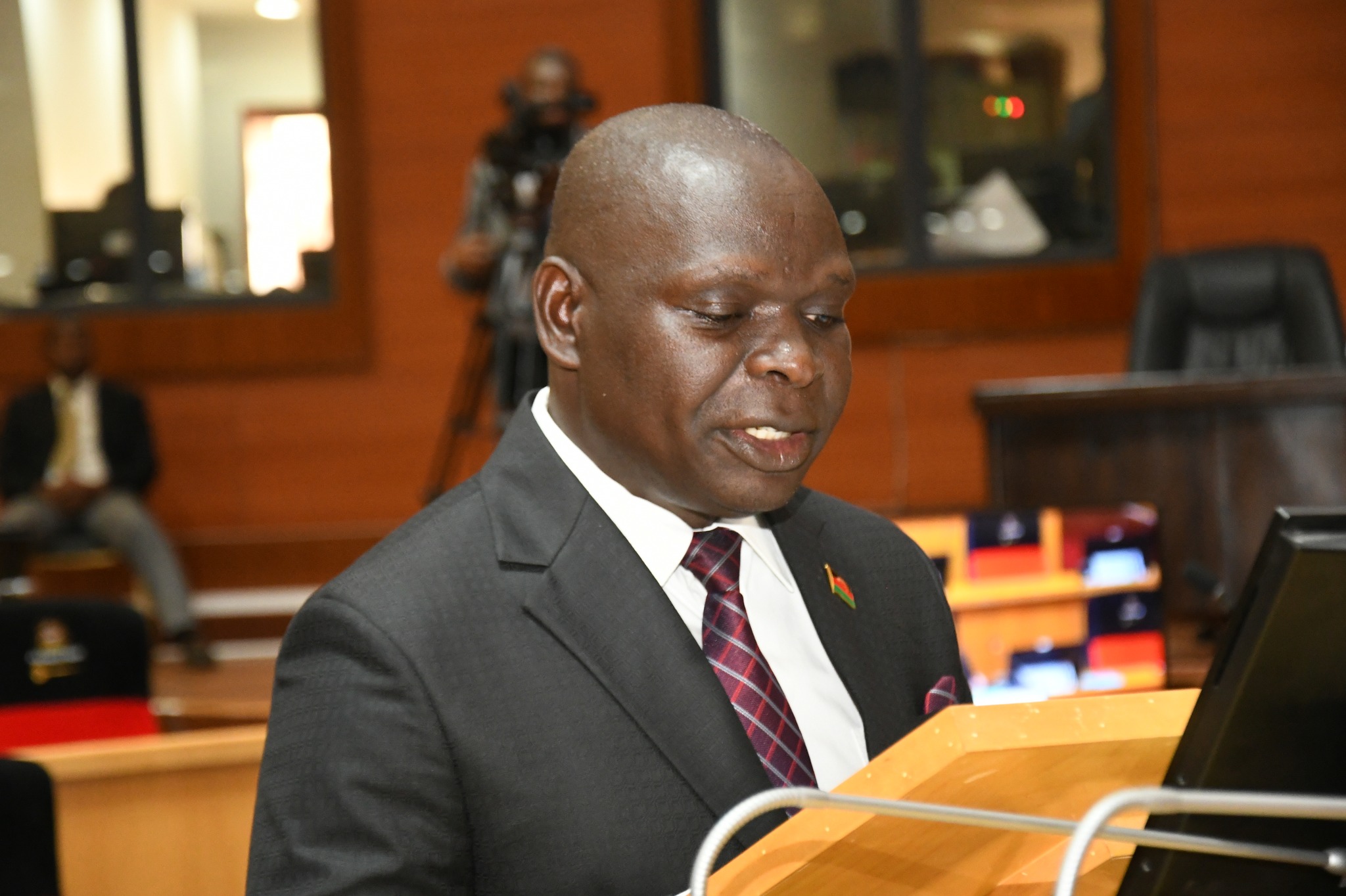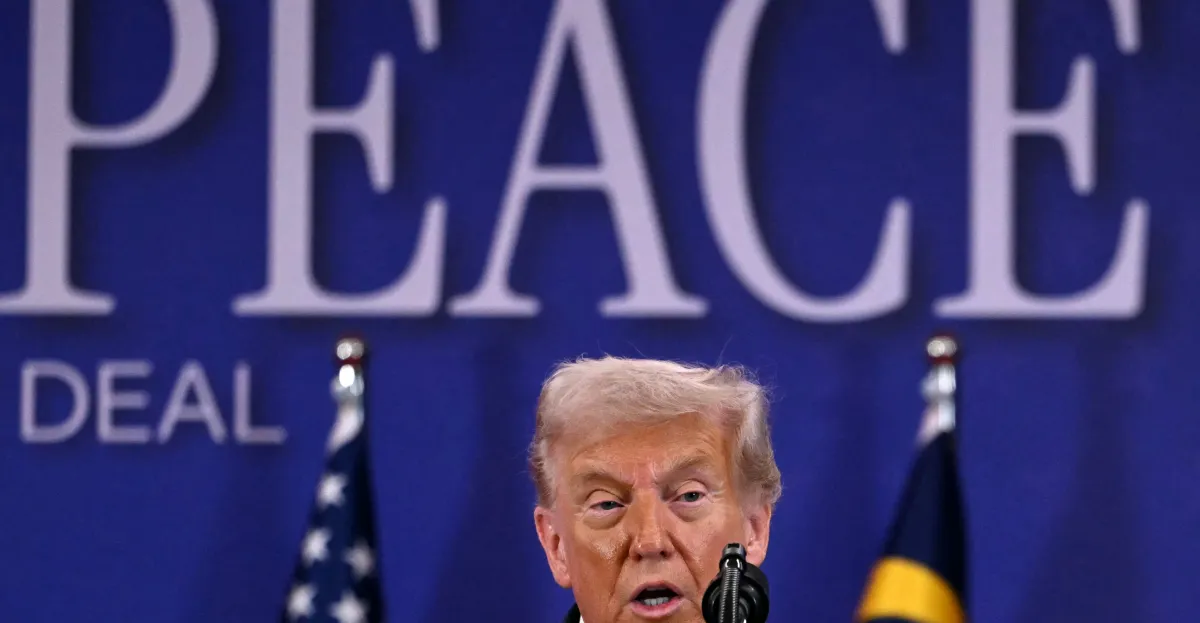Copyright mwnation

The Malawi Congress Party (MCP)’s emerging internal conflicts threaten its standing as the country’s main opposition, following a script strikingly similar to the one that analysts say crippled the Democratic Progressive Party (DPP) while it was out of power. Since its loss in the September 16 poll, the MCP has been plunged into a public dispute over its leadership and its structure in Parliament, a situation political scholars warn puts the party on a dangerously sloped terrain, undermining its critical oversight role on the Executive. The party has remained mute on the matter, with Secretary General Richard Chimwendo Banda simply maintaining the party is “stable.” The conflicts began soon after the poll when a faction within the party called for an emergency convention to elect a new leader and have incumbent Lazarus Chakwera removed. But these calls were effectively dismissed during the MCP’s national executive committee meeting on October 22 2025, which further agreed to commission a consultant to assess factors that led to the party’s terrible loss in the general election. While some disgruntled legislators have been against the decision for the party to retain Chakwera, with some taking their frustrations openly on social media platforms, the party also found itself in a debacle pertaining to appointment of Kasungu South legislator Simplex Chithyola Banda as Leader of Opposition (LoP) in Parliament. MCPs deputy secretary general Gerald Kazembe wrote the Clerk of Parliament that the party would elect a LoP on November 1 2025 as per Parliamentary Standing Order number 35, effectively disputing Chakwera’s appointment of Chithyola Banda. But when MCPs legislators met on November 3 at Crossroads Hotel in Lilongwe, they opted to maintain Chithyola Banda during a two-and-a-half hour meeting, attended by the party’s senior leadership. The DPP while in opposition faced similar challenges where a section of the party wanted President Peter Mutharika to step down with the position of LoP being at the centre of a wrangle that lasted nearly five years amid lengthy court battles. Those that were pushing for Mutharika to quit were, however, expelled. They were found guilty of undermining Mutharika’s authority and disrespecting party leadership contrary to Article 6 of DPP’s constitution for calling, leading and attending a nullified national governing council meeting on December 6 2023. They include the party’s former vice-president (South) Kondwani Nankhumwa, who went on to form his People’s Development Party (PDP), former secretary general Greselder Jeffrey, who later joined MCP and the party’s former legislator for Mwanza Central Nicholas Dausi. Others that were expelled were former legislator for Zomba Chisi Mark Botomani, former Blantyre North East legislator Cecilia Chazama and executive members Thomas Nyirongo and Ken Msonda, who joined MCP and is now the party’s deputy publicity secretary. When asked how the party is resolving emerging conflicts in the party, Chimwendo Banda on Friday refused to comment and maintained the party is stable. But in separate interviews during the week, political commentators expressed different opinions on what is happening in MCP, with the message remaining central that infighting will cost the party a lot, especially in its oversight role as the main opposition. Former lecturer in political science and management studies at University of Malawi Ernest Thindwa attributed the emerging conflicts in MCP to Chakwera’s loss of patronage resources often used to attract personal loyalty. “Chakwera no longer enjoys control of patronage resources which has weakened his assertiveness in a highly clientelist setting,” he said. Thindwa said what the situation suggests is that the party needs to strengthen internal decision−making mechanisms to retain unity which is made easier when patronage resources are at the disposal of leadership. Moving forward, Thindwa said MCP will have to invest in internal democratic processes that can facilitate the identification of the broadly desirable torchbearer for 2030 if the party is to stand a chance of wrestling back reins of power. He said: “MCPs showing as a ruling party after 26 years in opposition was grossly underwhelming. As such, the party needs a leadership that can attract renewed citizen trust in the party.” On his part, political analyst Wonderful Mkhutche said while MCP needs to seriously be rebuilt, the emerging infighting will further weaken the party—already affected after the September poll—and reduce its chances of bouncing back in power. He said: “The party’s confidence in its leader Lazarus Chakwera is now at an all−time low. Moving forward, Lazarus Chakwera has to seek this confidence because he cannot rebuild the party without the people’s support.” But Mkhutche, however, argued that it is hypocrisy for the party legislators to start blaming Chakwera for the electoral loss. “Before the elections, none in the party expressed no confidence in his leadership. They were all united that he was the right person for the presidency job as well as candidacy. “For them to turn around today and say that their leader is responsible for the loss, it is disheartening.” Malawi University of Business and Applied Sciences political analyst Chimwemwe Tsitsi argued that there is nothing peculiar with MCP’s emerging infighting. “What might be happening within MCP is somehow normal, as part of the grieving from members of a ruling party that has just lost an election and are having difficulties coming to terms with reality,” he said. “It happened in the DPP in 2020 and this time around it’s happening in the MCP, much as it’s not to the same level of what happened in the DPP whereby the party’s secretary general and vice-president from its stronghold [South] were in the forefront calling for change of the party’s leadership.” Tsitsi further rebuked legislators that have been calling for Chakwera to quit. “So, in short, no matter how much they raise their voices against Chakwera’s leadership, as long as he is not personally interested to quit, the legislators would just be wasting their time and energy, since by law he has a mandate to lead the party until 2029 when a convention shall be held and new leadership put in place.” He, however, suggested that disgruntled legislators can just start the process of identifying a new leader and potential candidate for the party and canvassing the particular individual among potential delegates, instead of trying to push out Chakwera. But Tsitsi stressed that any squabbles among members of the main opposition weakens the opposition, which is the cornerstone of parliamentary oversight on the Executive branch of government under the concept of separation of powers. “As we all know, in any liberal democracy, legislators from the ruling party tend to side with the Executive and a strong and united opposition is critical for real and meaningful parliamentary oversight on government. So, that is the potential risk that the wrangles in MCP pose to our democracy,” he said.



